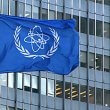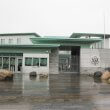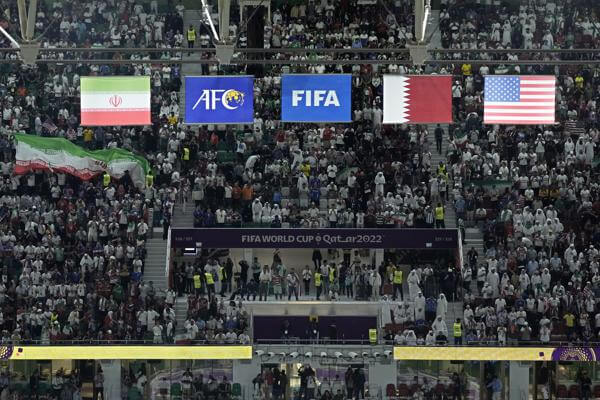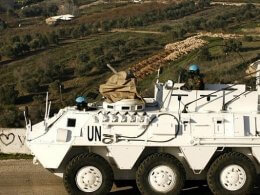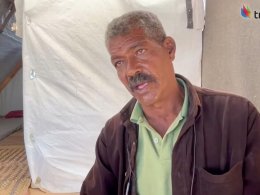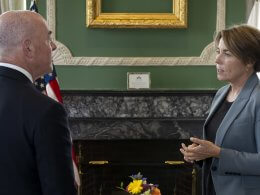The Biden administration on Tuesday approved a $1 billion arms sale to Qatar in a transaction unveiled during halftime of the key World Cup 2022 match in Doha between Iran and the United States.
The State Department announced it had signed off on Qatar’s purchase of 10 defensive drone systems, 200 interceptors and related equipment just as the second half of the US-Iran game began. Qatar, along with other Gulf Arab states, faces threats from Iranian-backed proxies in the region.
The department said in a statement the sale would “support the foreign policy and national security objectives of the United States by helping to improve the security of a friendly country that continues to be an important force for political stability and economic progress in the Middle East.”
It will “improve Qatar’s capability to meet current and future threats by providing electronic and kinetic defeat capabilities against Unmanned Aircraft Systems. Qatar will have no difficulty absorbing these articles and/or services into its armed forces,” the department said.



